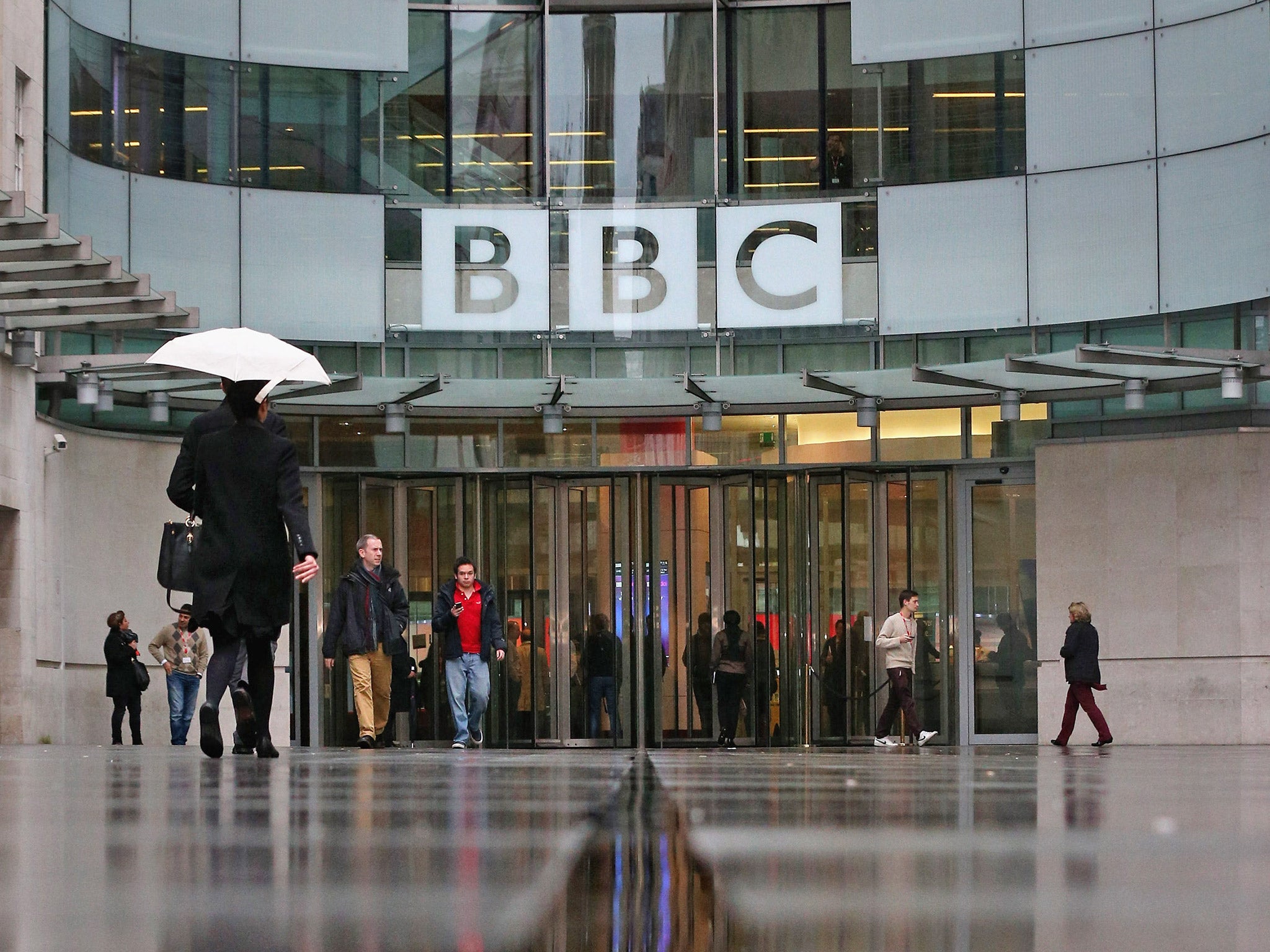BBC experiment finds licence fee completely justified and 'incredibly good value'
70 people took part in the survey which took services away for 9 days

Your support helps us to tell the story
From reproductive rights to climate change to Big Tech, The Independent is on the ground when the story is developing. Whether it's investigating the financials of Elon Musk's pro-Trump PAC or producing our latest documentary, 'The A Word', which shines a light on the American women fighting for reproductive rights, we know how important it is to parse out the facts from the messaging.
At such a critical moment in US history, we need reporters on the ground. Your donation allows us to keep sending journalists to speak to both sides of the story.
The Independent is trusted by Americans across the entire political spectrum. And unlike many other quality news outlets, we choose not to lock Americans out of our reporting and analysis with paywalls. We believe quality journalism should be available to everyone, paid for by those who can afford it.
Your support makes all the difference.A BBC study found that families deprived of the corporation’s services were more likely to approve of keeping the licence fee - despite being initially opposed to it.
The research, conducted by the BBC in partnership with research agency MTM, staged a “deprivation study” taking all BBC services away from 70 families for nine days.
More than two-thirds of those taking the study who were originally opposed to the licence fee (33 out of 48) had changed their minds by the end of the experiment.
In Life without the BBC, Mike O’Donnell, from one family who initially opposed the licence fee, told the corporation how “being without the BBC was absolutely dreadful, just awful".
“I now think the BBC is incredibly good value. I’d probably willingly pay even more. I’m actually quite a good ambassador for the BBC now,” he added.
Director of BBC Audiences Nick North claimed the “rigorous study” demonstrated people “overwhelmingly” realised the “great value” of the service on offer.
Participants were broken into three groups: 22 of whom supported the fee, 24 who wished to pay less and 24 who did not want to pay for the BBC at all.
At the end of the experiment, participants were reimbursed £3.60, the equivalent of what they would have paid to use the service for nine days.
Join our commenting forum
Join thought-provoking conversations, follow other Independent readers and see their replies
Comments